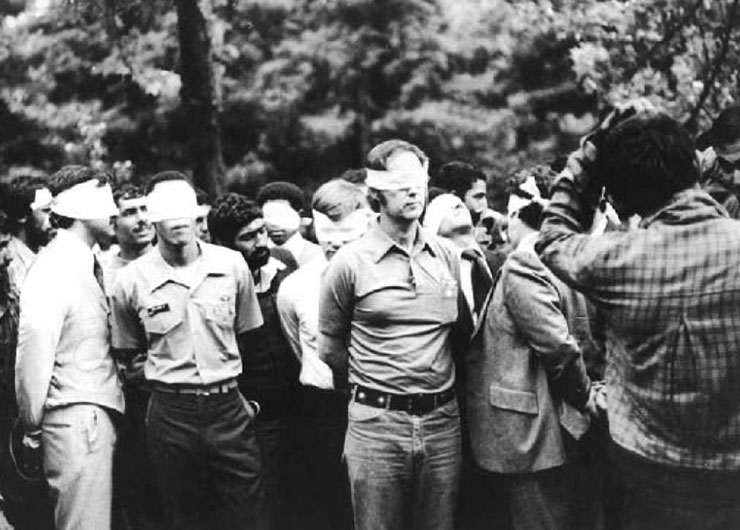Lunchtime Leaders Discussions: Reporting in the Age of Kidnapping
PLEASE NOTE – THIS EVENT HAS BEEN RESCHEDULED. OUR NEW DATE IS MONDAY, DECEMBER 8.
Reporting from conflict areas has never been easy. Today, however, reporting from conflict areas seems to have fundamentally changed. Journalists and aid workers have become vulnerable targets, capture and torture are now integral parts of an extremist’s playbook, and ransoms enrich terrorists and create incentive to kidnap foreigners.
What can be done? How will we get our news in the future? Our venerable panel will discuss these and many more questions.
Please join us for our first in a series of Lunchtime Leaders Discussions hosted by the Columbia University Club of New York and United Nations Association of New York. It will be a riveting discussion.
Registration opens: 12:00pm
Lunch begins: 12:30pm
Program begins: 1:15pm
Formal Sit-down Luncheon: $60 for member; $65 for non-members
Members and their guest fees will be billed to the member’s account.
All reservations are final on November 6.
CUCNY MEMBERS REGISTER HERE
PROGRAM
Rukmini Callimachi

Rukmini Callimachi joined the New York Times this March as a foreign correspondent, covering al-Qaeda and Islamic extremism. She is a two-time Pulitzer Prize finalist, most recently in 2014 for her series of stories based on a cache of internal al-Qaeda documents she discovered in Mali. She is also the winner of multiple Overseas Press Club Awards and the Michael Kelly prize. Before joining the Times, she spent 7 years covering a 20-country beat in Africa, first as a correspondent and later as West Africa bureau chief for The Associated Press. She began her career as a freelancer in India in 2001, where she was lucky enough to get one of the last seats on a plane to the state of Gujarat on the day of a catastrophic earthquake, filing her first story for TIME magazine.
Originally from Romania, Callimachi was raised in Switzerland and California
The New York Times
“Paying Ransoms, Europe Bankrolls Qaeda Terror”
By Rukmini Callimachi
Published: July 29, 2014
On November 10, 2008, David Rohde, his interpreter, Tahir Ludin, and their driver, Asadullah “Asad” Mangal, were abducted outside Kabul while Mr. Rohde was researching a book about the history of United States’ involvement in the country. He had been invited to interview a Taliban commander in Logar Province near Kabul. The interview had been arranged by Ludin, but the two men never made it to their destination.
The New York Times
“7 Months and 10 Days in Captivity“
By David Rohde
Published: October 17, 2009
David Rohde, winner of two Pulitzer Prizes in journalism, is an investigative reporter for Reuters and a contributing editor to The Atlantic. From September 2011 to January 2014, he worked as a foreign affairs columnist for Reuters. From 1996 to 2011, he worked as a reporter for The New York Times. He is the co-author of A Rope and a Prayer: A Kidnapping from Two Sides, written with his wife Kristen Mulvihill, and the author of Endgame: The Betrayal and Fall of Srebrenica.
David won his first Pulitzer Prize in 1996 for a series of stories in The Christian Science Monitor that helped uncover the Srebrenica massacre in Bosnia. He won his second in 2009 as part of a team of New York Times reporters for their coverage of Afghanistan and Pakistan.
His weekly Reuters column, The Global Middle, focuses on foreign affairs and the global middle class, from the shrinking American middle class to the burgeoning middle classes of China, India, Turkey, Brazil and other emerging market nations.
Rohde graduated from Brown University in May 1990 with a BA in history and speaks fluent Spanish.
Reuters.com
“Did America’s policy on ransom contribute to James Foley’s killing?”
By David Rohde
Published: August 20, 2014

